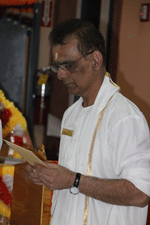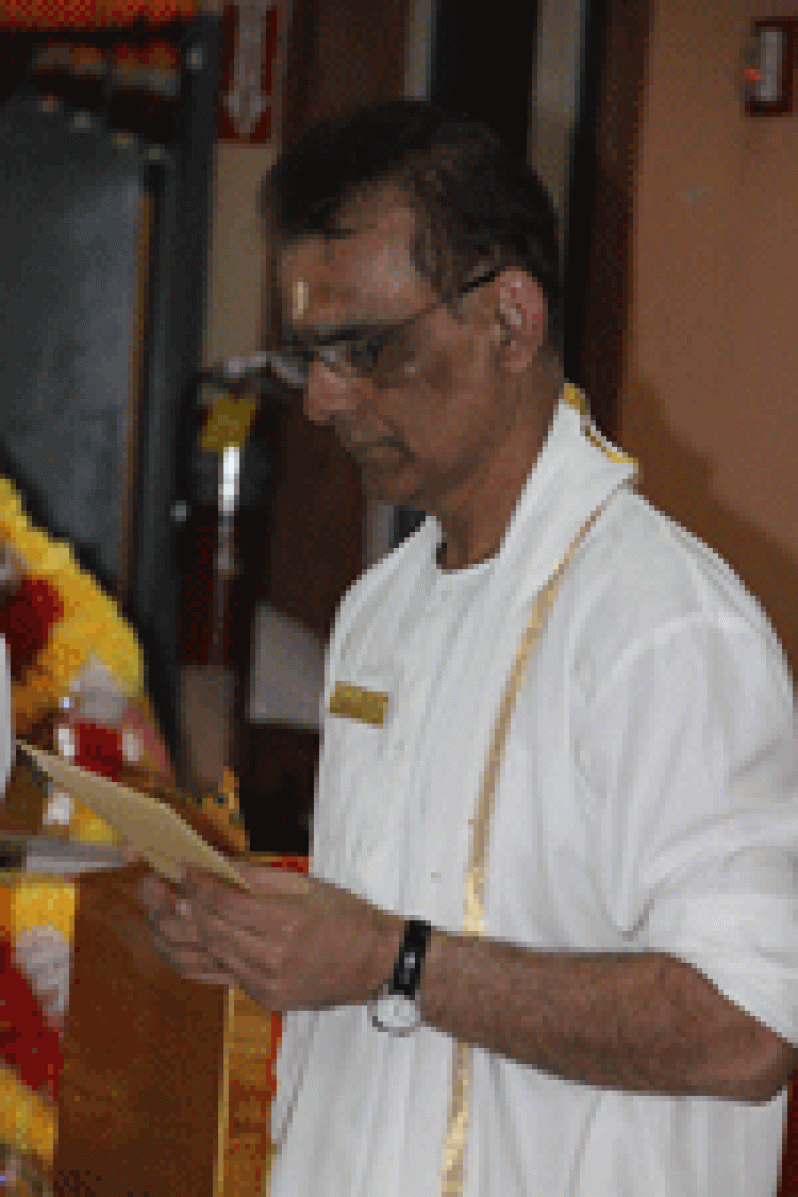THE United Nations General Assembly has adopted the fifth edition of a Resolution titled, ‘The role of the United Nations in promoting a
New Global Human Order (NGHO)’.
Sponsored by the Permanent Mission of Guyana to the United Nations, the Resolution was unanimously agreed Friday after several rounds of informal consultations, and raising more than 50 co-sponsors, including from within the Caribbean Community (CARICOM), the Community of Latin American and Caribbean States (CELAC), and African, Asian and Arab countries.
informal consultations, and raising more than 50 co-sponsors, including from within the Caribbean Community (CARICOM), the Community of Latin American and Caribbean States (CELAC), and African, Asian and Arab countries.
According to a statement issued Friday by the Guyana Foreign Ministry, the present Resolution builds on the previous one adopted by the UN General Assembly in 2010, and on the Secretary-General’s Report presented earlier this year.
The Secretary-General’s Report, the Foreign Ministry says, “reviews recent trends in inequality and their implications for economic and social development, drawing on current analytical and empirical research into the causes of inequality.”
The report concludes, it says, “with a number of recommendations for addressing inequality at all levels, in particular within the United Nations framework, as a contribution to ongoing efforts to achieve the internationally agreed development goals, including the Millennium Development Goals.”
At Friday’s session of the General Assembly, Guyana’s Ambassador to the UN, Mr George Talbot, introduced the Resolution, which had been updated and revised in the context of the current realities.
The Resolution emphasises the continued and growing importance of the need to address inequalities at the multilateral level, and provides a platform for focused inter-governmental consideration of the question of inequality.
In that context, the Foreign Ministry says, “the Resolution highlights, inter alia, the need for mainstreaming inequality in the activities of the UN, agencies and programmes, and the progress in efforts of many member states to address inequality.
“It requests the convening of an informal thematic debate of the General Assembly to address the issue of inequality in 2013 and encourages appropriate consideration to the need to reduce inequality in the elaboration of the post-2015 development agenda.”
After the introduction of the Resolution, the distinguished representatives of Singapore, South Africa and Malaysia delivered statements supporting the adoption of the Resolution, highlighting the increasing prominence of the issue of inequality and the need for addressing it.
The New Global Human Order goes back to March 1995 when the late President Cheddi Jagan championed the cause in his address to the World Summit for Social Development in Copenhagen.
The proposal was formally placed on the agenda of the United Nations General Assembly in September 2000.
The forging of a more just and humane world was indeed a dream of Dr. Jagan. With the restoration of democracy to Guyana and throughout the globe, he envisaged the prospects of a new partnership of nations and peoples to realise the highest aspirations of humankind to peace, development, human rights, social justice, and environmental sustainability.
He perceived in the growing interdependence of the global village the necessity for a qualitatively different paradigm of international relations; one characterised by cooperation, engaging all relevant actors, rather than the confrontation that defined the Cold War of the preceding decades.
He was convinced that the world possessed the resources and the opportunity to eradicate poverty, want and degradation, if only it could summon the will to act.



.jpg)









